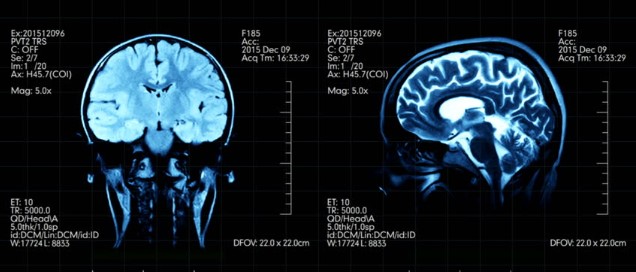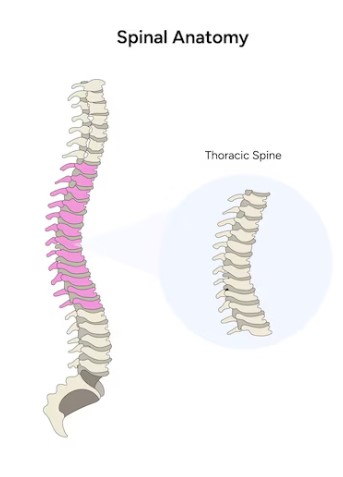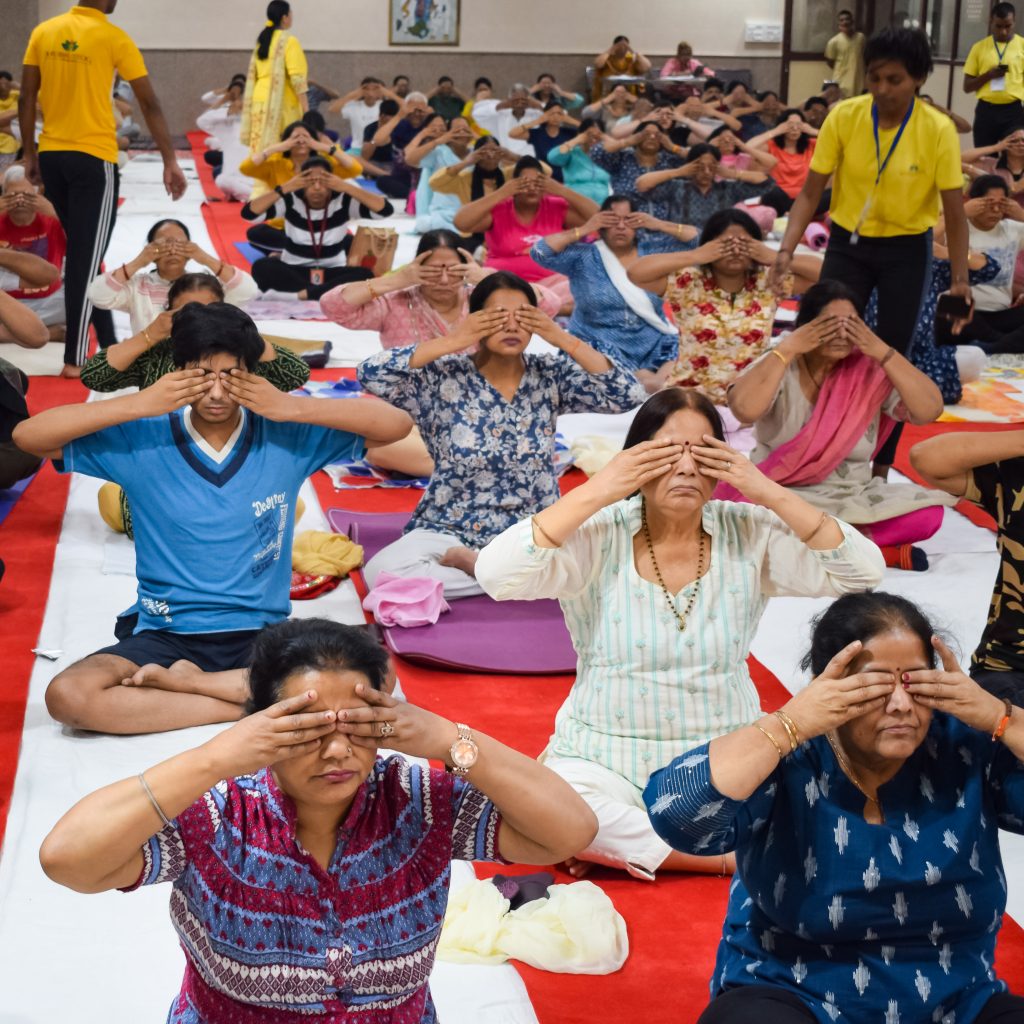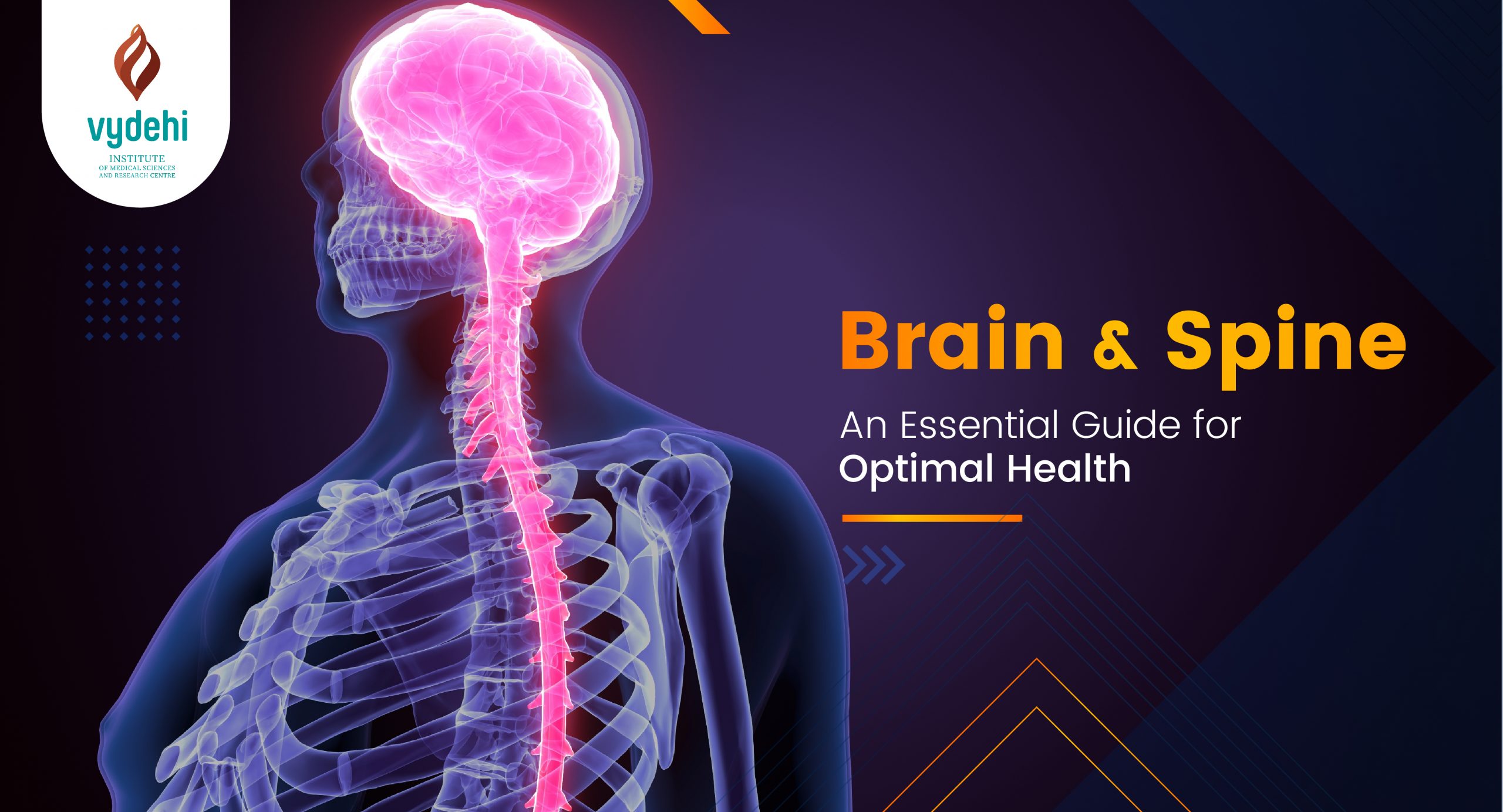Let us understand two of the most fascinating and vital organs in the human body: the brain and spine. Often referred to as the central nervous system (CNS), these incredible structures work in beautiful harmony to control everything from our thoughts and movements to our sensations and emotions. what is the brand voice from the following content:
Just like any other part of the body, the brain and spine are susceptible to various conditions.
Considering their vitality the health conditions related to the brain and spine can cause a lot of anxiety and can lead to life-threatening conditions. But fear not! Knowledge is empowering, and by understanding these conditions, we can become proactive about our neurological health.
The Mighty Marvels: Brain and Spine
Let’s get into the understanding of the brain and spine. The brain, often compared to a complex computer, is the command center of our being. It houses billions of nerve cells that communicate through intricate electrical impulses, processing information, generating thoughts, and directing our actions. The spine, on the other hand, is a flexible column of bones that encases and protects the delicate spinal cord. This cord acts as a superhighway, carrying messages between the brain and the rest of the body, allowing us to move, feel, and function seamlessly.

An Increase in Neurological Concerns in India
Unfortunately, India, like many parts of the world, is experiencing a rise in neurological conditions. This can be attributed to several factors, including:
- An aging population: As we live longer, the risk of age-related neurological disorders like Alzheimer’s disease and stroke increases.
- Lifestyle changes: Factors like unhealthy diet, physical inactivity, and smoking contribute to an increased risk of certain neurological conditions.
- Growing awareness: Thankfully, there’s a greater awareness of neurological conditions, prompting people to seek help sooner.

Common Neurological Concerns in India
Here’s a glimpse into some of the most common neurological concerns in India:
- Brain tumors: These are abnormal growths of cells in the brain. While some are benign (non-cancerous), others can be malignant (cancerous). Symptoms can vary depending on the location and size of the tumor.
- Head and Spinal cord injuries: These injuries can be caused by trauma, such as accidents or falls, and can affect mobility, sensation, and bladder/bowel control and several other grim health conditions.
- Stroke: A stroke occurs when blood flow to part of the brain is interrupted, leading to brain cell death. Symptoms can include sudden weakness, paralysis, or difficulty speaking.
- Degenerative spine diseases: These conditions, like osteoporosis and osteoarthritis, cause the bones and discs of the spine to wear down, leading to pain, stiffness, and mobility issues.
- Learn more about spondylosis, a common spinal condition, and when to seek medical attention.
- Epilepsy: This is a chronic neurological condition characterized by recurrent seizures. Seizures can manifest as uncontrolled shaking, altered awareness, or unusual sensations.
The Importance of Early Detection and Intervention
The good news is that many neurological conditions are treatable, especially if detected early. Here are some signs that might warrant consulting a doctor:
- Persistent headaches
- Seizures
- Numbness, weakness, or tingling in the limbs
- Difficulty with balance or coordination
- Speech problems
- Memory loss
- Changes in behavior or personality
Empowering Yourself: Taking Charge of Your Neurological Health
Here are some actionable steps you can take to promote good neurological health:
- Maintain a healthy lifestyle: Eat a balanced diet, exercise regularly, and get enough sleep.
- Manage stress: Chronic stress can contribute to neurological problems. Practice relaxation techniques like yoga or meditation.
- Schedule regular checkups: Don’t ignore persistent symptoms. Early detection is crucial for effective treatment. VIMS is at the forefront of advancing neurosurgery techniques in India. Learn more about our commitment to a healthier brain.
- Maintain a healthy weight: Obesity is a risk factor for some neurological conditions.

Remember, you are not alone! If you have any concerns about your neurological health, please consult a qualified doctor. With proper knowledge, early intervention, and access to quality healthcare, we can navigate neurological challenges and strive for optimal brain and spine health.

Vydehi Institute of Medical Sciences and Research Centre: Your Partner in Neurological Care
At VIMS, we understand the profound impact neurological conditions can have on individuals and their families. That’s why we offer a comprehensive range of neurosurgical services, from diagnosis and treatment to rehabilitation and support. Our team of highly skilled and experienced neurosurgeons utilizes advanced technologies and minimally invasive techniques whenever possible to ensure the best possible outcomes for our patients.
For expert neurological care and advanced treatments, VIMS is a leading neurology hospital in Bangalore.
Please note: This blog is for informational purposes only.
Frequently Asked Questions
1. What are the most common brain disorders?
Ans: In India, we’re seeing an increase in concerns like stroke, a sudden interruption of blood flow, and degenerative diseases that wear down the brain over time, like Alzheimer’s disease. If you’re experiencing persistent headaches, memory loss, or changes in mood or behavior, consulting a doctor is crucial. Early detection is key!
2. What is the most common spinal disease?
Ans: Our spines are the foundation of our movement, and sometimes, common spinal disorders can arise. In India, we’re seeing an increase in conditions like degenerative disc disease, where the discs between vertebrae wear down, and spinal stenosis, a narrowing of the spinal canal that can cause pain. If you’re experiencing persistent back pain, numbness, or weakness in your limbs, don’t hesitate to see a doctor. Early intervention is key!
3. What is the brain and spine system?
Ans: The brain and spine, also known as the central nervous system, are like a master control center. The brain, the thinking headquarters, sends messages through the spinal cord, our superhighway, to make us move, feel, and function! This incredible system is what allows us to experience the world around us.

 Emergency Number
Emergency Number
Excellent resource for understanding brain and spine health. Regular checkups and healthy habits are key to prevention!